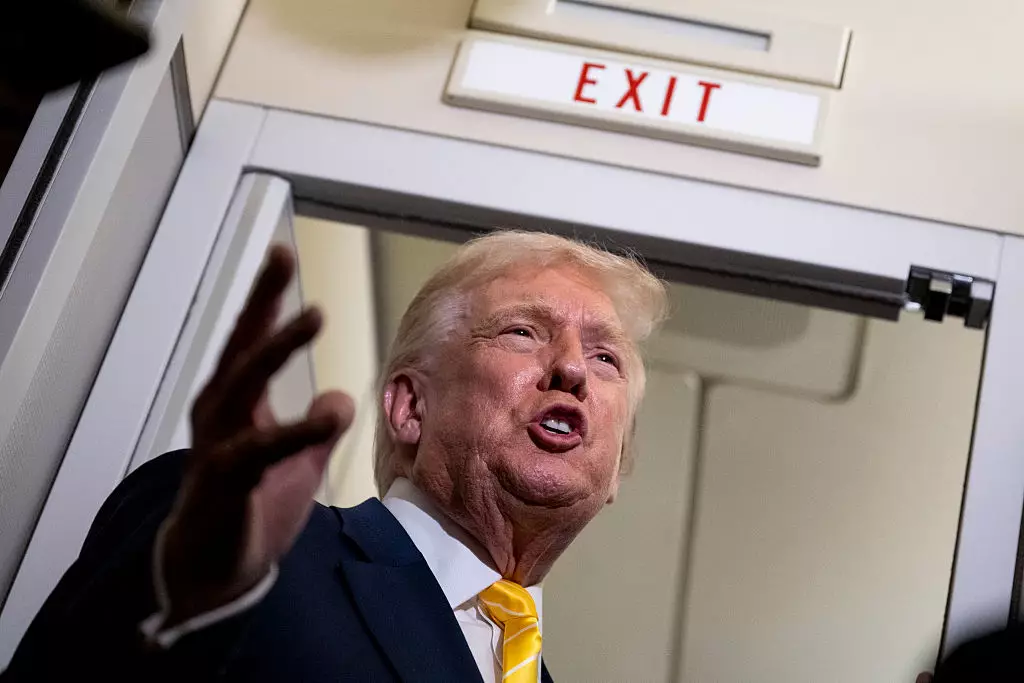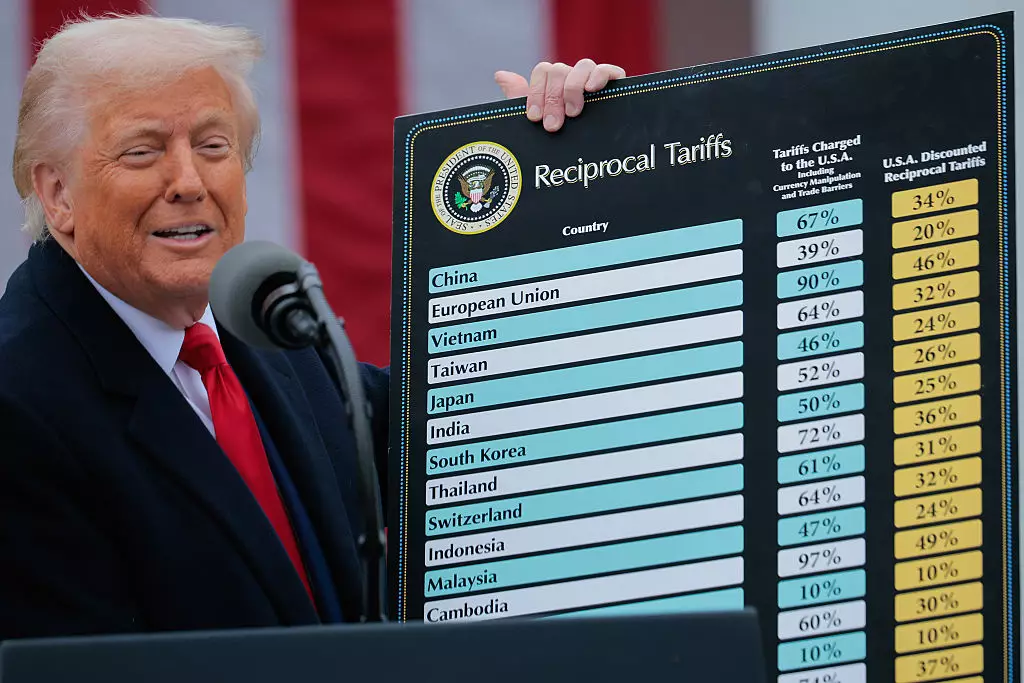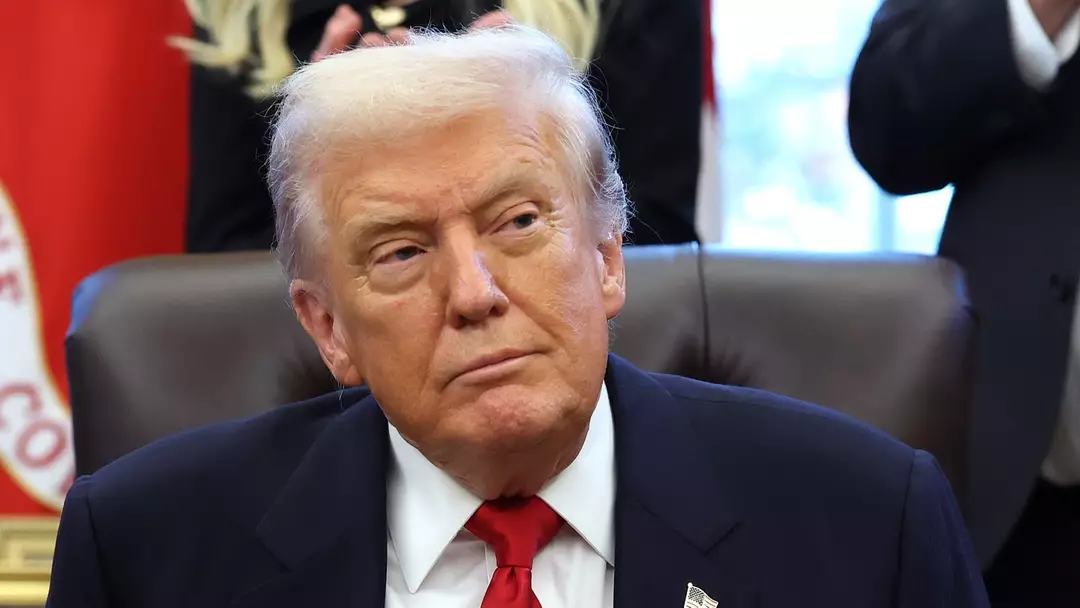Donald Trump has provided an update regarding the potential timeline for Americans to receive ‘tariff dividends’ in their bank accounts.
Earlier this month, Trump suggested that Americans might receive up to $2,000 through what he terms ‘tariff dividends’. This proposal has sparked debate due to its controversial nature.
On Truth Social, Trump elaborated on his policy by stating: “People that are against Tariffs are FOOLS! We are now the Richest, Most Respected Country In the World, With Almost No Inflation, and A Record Stock Market Price. 401k’s are Highest EVER.
“We are taking in Trillions of Dollars and will soon begin paying down our ENORMOUS DEBT, $37 Trillion. Record Investment in the USA, plants and factories going up all over the place. A dividend of at least $2000 a person (not including high income people!) will be paid to everyone.”
Recently, Treasury Secretary Scott Bessent discussed potential mechanisms for distributing the funds to support low-income families, although the administration has not yet finalized the specifics.
“Well, there are a lot of options here that the president’s talking about a $2,000 rebate and those — that would be for families making less than, say, $100,000,” Bessent mentioned. He noted that this proposal is ‘in discussion’ and they have not yet established a firm income limit.

Trump has now indicated that the dividends are forthcoming for US citizens, though a precise date has not been set.
In an update on Friday, Trump disclosed that the $2,000 cash bonus will not be available before the holiday season and will likely be distributed in 2026.
During a conversation with reporters aboard Air Force One, he stated, “No, no. Not for this year. It’ll be next year sometime.”
“The tariffs allow us to give a dividend. We’re going to do a dividend and we’re also going to be reducing debt,” he added before departing for Mar-a-Lago.
These announcements come amidst growing concerns that the Supreme Court might challenge Trump’s ‘reciprocal tariffs’, which he introduced under the International Emergency Economic Powers Act (IEEPA).

The IEEPA does not specifically address tariffs, and historically, no other president has used it to impose tariffs on international trading partners.
When asked about the possibility of distributing the checks if the Supreme Court opposes his tariffs, Trump responded, “Then I’d have to do something else.”
Beyond the Supreme Court, the tariff rebate would also require approval from Congress. Several Republicans have voiced concerns, suggesting that the president’s focus should be on addressing the federal budget deficit instead.

